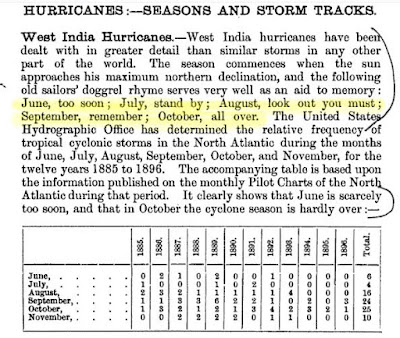
Now the inpatients are easy, they’re cowed by the nurses
[In your case the angels] and they know what’s what in the set-up.
It caught my eye, this thing about angels in that poem. Sure, some of them
are angels, or the earthly equivalent thereof, maybe even most of them. But I don’t know. At one time I was thoroughly convinced that at least two of them were trying to kill me.
Ten years ago, around Christmas time, despite a few premonitory symptoms I overindulged myself on a huge amount of food, including a half-dozen homemade Mexican burritos, a half-gallon of bourbon and eggnog, and at least six “Manhattans.”
Waking up in the night knowing something was wrong, I stubbornly spent two days sipping ginger ale and slowly slipping into a delirium, saying, “I ain’t going to no hospital,” making it inevitable that I ended up at the local, small, close-by hospital, where the only guy who could operate the CAT scan was off for the holidays, and even if he were still in town and could be located, he would most likely be too drunk to be of any use.
Ere long I woke up with stitches from sternum to pubis, and tubes coming out of various locations. I was still, thank God, alive, but severely indisposed. The surgeon had convinced himself of the presence of a “mass,” and had pulled just about everything out for an exploratory look. The intestinal blockage or kink relieved itself as soon as he got me “open,” but he performed a resection anyway.
The operating theater of that hospital didn’t have a reputation for being totally antiseptic, a situation they circumvented by giving the patients what might be considered to be extremely high doses of antibiotics as a precaution. They also had me on a morphine drip. The surgeon left for a week’s vacation in Miami.
For a day or two I actually felt OK. The morphine took care of any great pain I might have been having. Someone brought me a book to read: Robert Graves’s
I Claudius. I started reading it, and got to the part where Caligula is secretly poisoning Germanicus, when I started to notice that my skin was starting to look yellowish. Then one nurse I called “Roundface,” sort of a Kathy Bates from
Misery clone, only fatter, came in the room while I was sipping a small cup of water. “What’s this?” she said, and dashed it out of my hand. WTF? She came back a few minutes later and taped a piece of paper to the door with the letters
NPO on it. They had been taking blood samples every few hours, and without telling me anything had determined that I now had pancreatitis. No more food or liquids until it cleared up. NPO stands for
nihil per orem, nothing by mouth. Of course Roundface couldn’t be bothered to explain any of this. She just stared at me like I was a dog about to be kicked. In the meantime I was getting sicker and sicker. She’d occasionally burst in and find fault with something I was doing. Another nurse named Karen arrived about the same time. They both acted like my being there was my own fault, and although I couldn’t even get up by myself, they acted like I was some kind of a threat.
Because of the goings-on in the book—Romans poisoning and killing each other-- and the fact that I was partially delirious, I became
convinced that Roundface and Karen were going to kill me. The local newspaper provided free copies to the hospital, and every day that I was there someone my own age appeared in the obituary columns. More than likely they died at the same hospital and on the same floor!
Around New Year’s Karen came into the room in a particularly foul mood, and started slamming things around. Her breath reeked of liquor. She announced it was time to take out my nasogastric tube, and that she would be back at the end of her shift to do just that. The damn thing had been in there for days, and it had rubbed the inside of my nose raw. I couldn’t wait to get it out. I was sure she was going to inflict the maximum amount of pain possible by the way she talked about it.
I tentatively pulled at it to see what would happen. Sure it hurt a little, but it seemed like it would be such a relief to get rid of it that I went ahead and pulled the whole thing out. I put it in an empty paper bag I had and put it under the bed. It felt so good to get rid of it, that I had a smile on my face when Karen came back in the room. “What are you smiling about?” she asked. “What’s so damn funny?” My suspicions were beginning to be confirmed. I didn’t say anything. She busied herself putting on rubber gloves, and then she noticed. “Where’s the tube?”
I smiled and pointed to the paper bag. “It’s down there.”
“What? You took it out yourself? You can’t do that!” She was furious. My suspicions were justified. She’d been robbed of a perfect opportunity to hurt me, and she was furious. “You won’t get away with this!
I’m telling the doctor!” She stormed out.
Fortunately that was the last I saw of Karen. Roundface still came around, usually to ask embarrassing questions when I had someone visiting me. “Have you had a bowel movement? What color was it?”
Eventually the pancreatitis cleared up and they let me go home. I went without food for two weeks, and lost a lot of weight. Yes, you might chalk my paranoia up to the shock of the operation, the subsequent sickness, and the effects of the morphine. But I don’t know. They sure acted like they wanted to do me in.










































